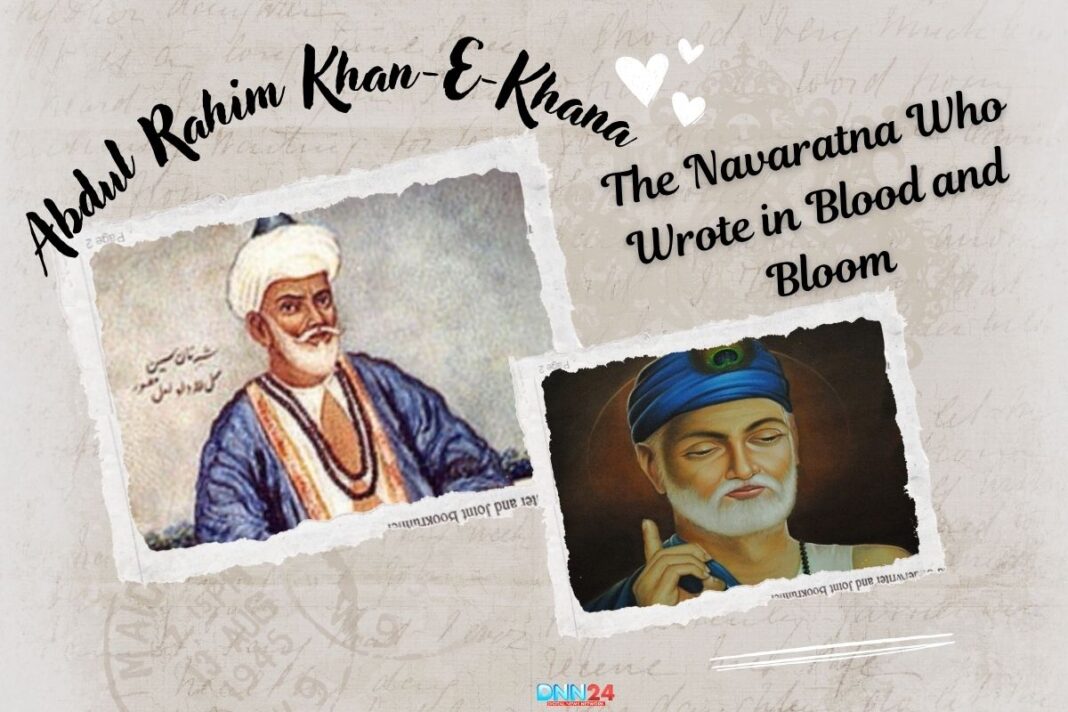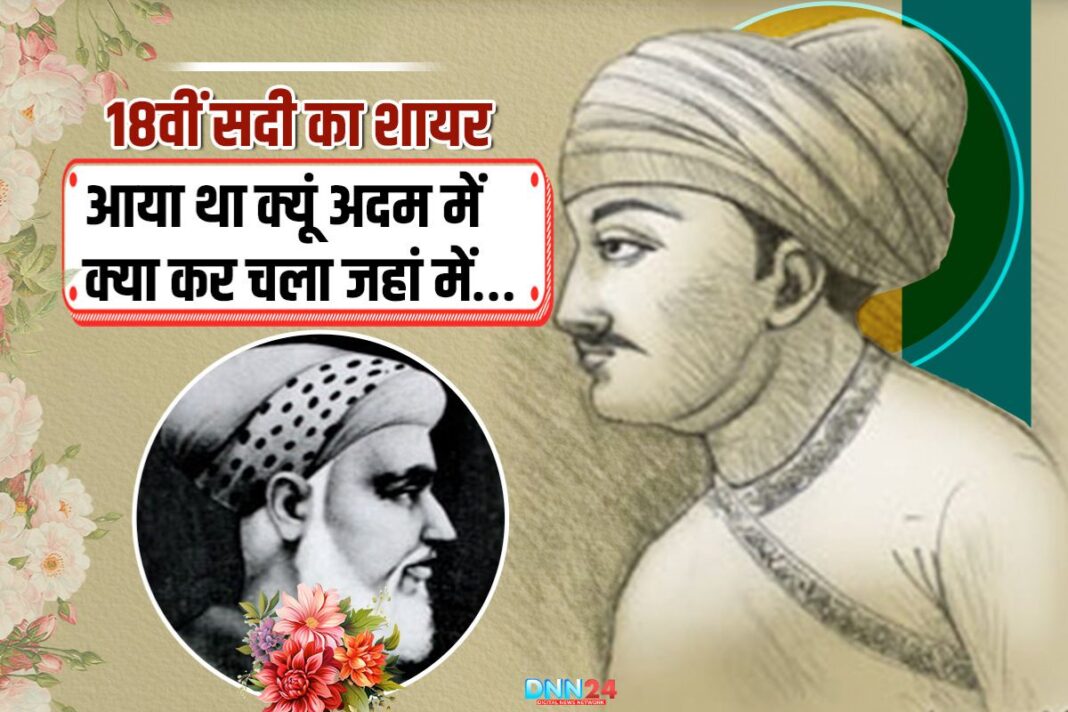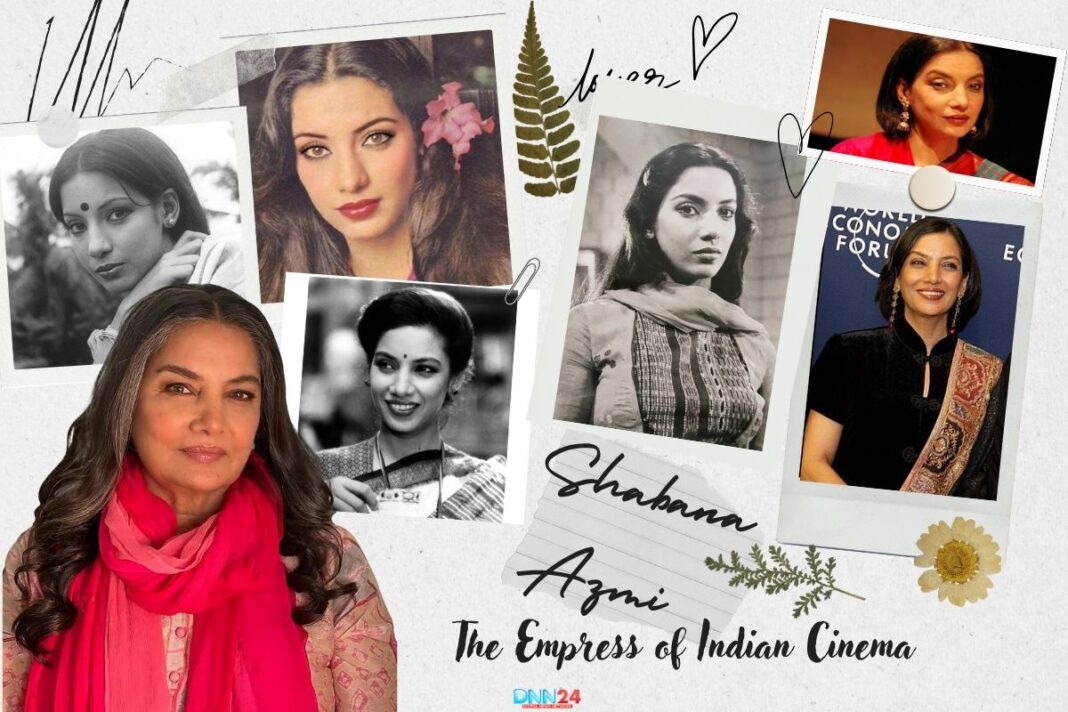Abdul Rahim Khan-E-Khana, lovingly known as Rahim, was born in Delhi in 1556, in a world where swords sang and poetry blossomed. His father, Bairam Khan, was a powerful general, a tutor of Emperor Akbar, and a man who lived as tempestuous as the monsoon sky. Rahim was a young boy when the tragedy happened–his father was murdered in Gujarat, and little Rahim, hardly four years old, was drawn into the vortex of Mughal politics. But fate had decreed otherwise.
Rahiman wahan na jaiye, jahan kapat ko het.
Abdul Rahim Khan-E-Khana
Hum to dhaarat dhekuli, seenchat apno khet
The emperor, whose heart was as large as his dominions, Akbar, adopted Rahim and gave him the best education and training, Not only in the arts of war but also in the art of language—and so started the career of a lad who was to be one of the nine jewels–the Navaratnas–of the brilliant court of Akbar.
Rahiman dhaga prem ka, mat todo chatkaay,
Abdul Rahim Khan-E-Khana
Toote se phir na jude, jude gaanth par jaaye
However, Rahim’s story is not simply about power or privilege. It is the story of a boy who became an orphan because of violence and needed books, stars, and poetic mildness to find peace in the world of violence. He was reared in the whirlpool of court politics, but his heart was kind, and his eyes ever sought some significance besides the flash of gold and the steel ring. Prince and warrior was the world’s perception, but inwardly, Rahim was a seeker–a lover of beauty, a friend of the lowly, and a poet whose verses would sound down the ages.
Rahiman paani raakhiye, bin paani sab soon,
Abdul Rahim Khan-E-Khana
Paani gaye na ubere, moti, manas, choon
Rahim the Warrior: Brave in the Battlefield, Gentle in the Heart
The life of Rahim was a carpet of fighting and poetry. When he was old enough, Akbar placed heavy responsibilities on him–he was sent as the head of armies to Gujarat, Sindh, Mewar, and the Deccan to encounter formidable enemies and brave wild chances. But he was more than a general; he was a statesman, a governor of Gujarat, Ajmer, and Khandesh, and a man who resolved controversies with European merchants and displayed a judgment worthy of his years. Amidst the bustle of war, Rahim’s heart throbbed to the people- he had faith in justice, mercy, and the silent power of humility.
Dukh mein sumiran sab kare, sukh mein kare na koy
Abdul Rahim Khan-E-Khana
Jo sukh mein sumiran kare, to dukh kahe hoy
But, though he put on the armor of a general, Rahim never laid down his pen. He composed poetry in Hindi, Persian, and Turki, and his dohas, short couplets full of wisdom, became the songs of ordinary people. In the courts of Akbar and Jahangir, he was the one man who could use the sword and the pen equally. His was a life-poem in which courage and compassion waltzed and wise humility sweetened every conquest.
Rahiman dekhi baden ko, laghu na dijiye daari
Abdul Rahim Khan-E-Khana
Jahaan kaam aave sui, kahan kare tarwaari
But it is also a sad story of Rahim. Nor could his services to the Mughal throne protect him against jealousy and suspicion. Rahim was considered a threat by Jahangir, Akbar’s son. In another inhuman turn of events, two of Rahim’s sons were hanged at the notorious Khooni Darwaza, and their bodies were left to the birds, a hurt that Rahim carried in his heart till his death. But he dressed his sorrow with pride and poured out his anguish in verses about loss, forgiveness, and the transience of power.
Rahiman ansuwa nayan dhari, jiya dukh pragat karei,
Abdul Rahim Khan-E-Khana
Jahi nikaro geh te, kas na bhed kahi dei
The Soul of the Poet: Tales within Verses
However, Rahim’s poems are not ink on paper; they are the songs of a heart that knows the beauty and tragedy of life. Among the most moving is that which is related to his practice of alms. And Rahim, a nobleman, would keep his eyes down and never gaze at those he served, his hands lifted and his eyes lowly. The mighty poet Tulsidas observed this and sent him a couplet, mildly criticizing his tone. Rahim answered in a Doha, which has become a legend:
Jaisi pare so sah rahe, kahi Rahim yah deh,
Abdul Rahim Khan-E-Khana
Dharti hi par parat hai, seet ghaam au meh
Nor is this interchange merely a tale–it is a lesson of humility, of remembering that we meet the divine in every act of kindness. The dohas of Rahim are so wise. He wrote of water and how people should conserve each drop because a single drop in the shell of an oyster is a pearl. He wrote of time, that nothing occurs out of its due time, and that pride and sadness are both short-lived.
Bada hua to kya hua, jaise ped khajoor,
Abdul Rahim Khan-E-Khana
Panthi ko chhaya nahin, phal laage ati door
However, the most romantic part of Rahim’s poetry is his devotion. Though a Muslim, Rahim composed numerous verses eulogizing Lord Ram as he perceived divinity beyond religion. He sang of the splendor of Ram’s name and the strength of faith that made even the base, narrowest heart rise higher. His dohas came to be the voice of unity, compassion, and a love that knew no boundaries.
Dono Rahiman ek se, jo lon bolat naahin,
Abdul Rahim Khan-E-Khana
Jaan parat hain kaak pik, ritu basant ke maahin
A Tomb for Love and a Legacy of Light
Rahim lived a life full of instances that were forgotten by history books. Did you also know that he constructed the first ever Mughal tomb of a lady, his favorite wife? This magnificent mausoleum in Delhi, which time has now weathered, is a testimony of his love and sorrow. When Rahim passed away in 1627, he was laid to rest by her side, and their tale was carved in stone, their love cemented in marble.
Samay paay phal hot hai, samay paay jhari jaat.
Abdul Rahim Khan-E-Khana
Sada rahe nahin ek si, kaa Raheem pachhitaat
Rahim was a scholar and translator who decreed Babur’s autobiography, the Baburnama, from Turkish to Persian, thus throwing the portals of history to future generations. He was attracted by the stars, mathematics, and the Universe’s secrets and used to spend the nights silently thinking. He invited intellectuals and poets to his court because he believed that knowledge is like water that must run free and benefit everyone in need of wisdom.
Roothe sujan manaaiye, jo roothe sau baar,
Abdul Rahim Khan-E-Khana
Rahiman phir phir poiye, toote mukta haar.
But the most important thing Rahim left behind is the soft strength of his words. His teachings showed that greatness is actually in humility, that kindness is the greatest virtue, and that the desire of the heart to love and to find meaning is the cord that connects us all. His dohas are sung by the children, whispered by the lovers, and recalled by those who find consolation in the tempests of life.
Nij kar kriya Rahim kahi seedhi bhaavi ke haath,
Abdul Rahim Khan-E-Khana
Paansen apne haath mein, daav na apne haath
Rahim: The Message of the Pearl in the Oyster
The Life of Rahim is a poem, a song of courage, sorrow, love, and Fandom. He was a fighter who cried at the dead, a bard who sang to people with low incomes, and a lover who made sepulchers to remember. It is not only a tale of war and the judicial bench but of those moments of silent reflection when the man gazes at the stars and asks himself what it all means.
Bani aisi boliye, man ka aapa khoy.
Abdul Rahim Khan-E-Khana
Auran ko seetal kare, aaphu seetal hoy
Rahim tells us in every Doha: Be modest; pride will not last long, like the monsoon clouds. Be good because every drop of water may be a pearl. Love, even to the strongest general, is a suppliant at the throne of the almighty. Above all, never forget that the most significant test of greatness is not in the title or the victory but in the caring touch of a heart that understands how to give, forgive, and love.
Rahiman nij man ki bitha, man hi rakho goy.
Abdul Rahim Khan-E-Khana
Suni ithlaihain log sab, baanti na lehin koy
So let us remember Rahim,–not merely as a name of the past, but as a friend whose words may ever illumine the gloomiest night and whose life is the chant of every heart that loveth beauty in a storm world.
Also Read: Sword, Soul, and Shayari: The Immortal Flame of Khwaja Haider Ali Atish
You can connect with DNN24 on Facebook, Twitter, and Instagram and subscribe to our YouTube channel.



